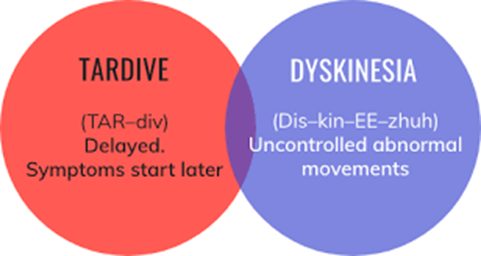The nurse is administering medications to a client with a diagnosis of depression. The nurse would expect to see which medication was ordered for this client.
Crestor (Rosuvastatin)
Seroquel (Quetiapine)
Paxil (Paroxetine)
Latuda (Lurasidone)
The Correct Answer is C
Choice A rationale: Crestor (Rosuvastatin) is a statin used for lowering cholesterol levels, not for treating depression.
Choice B rationale: Seroquel (Quetiapine) is an atypical antipsychotic used for various mental health conditions such as schizophrenia, bipolar disorder, and major depressive disorder. However, it is not a first-line treatment for depression.
Choice C rationale: Paxil (Paroxetine) is an antidepressant commonly used in the treatment of depression and other mood disorders. It belongs to the selective serotonin reuptake inhibitor (SSRI) class of medications.
Choice D rationale: Latuda (Lurasidone) is an atypical antipsychotic used in certain psychiatric conditions such as schizophrenia and bipolar depression but is not typically a first-line treatment for depression.

Nursing Test Bank
Naxlex Comprehensive Predictor Exams
Related Questions
Correct Answer is C
Explanation
Choice A rationale: absence of physical and mental movement refers to catatonia that can occur in severe depression or schizophrenia.
Choice B rationale: akinesia refers to the absence of voluntary movement and can be seen in individuals with Parkinson’s disease or as a side effect of some antipsychotic medications.
Choice C rationale: these are signs and symptoms of tardive dyskinesia which is a serious side effect of antipsychotic therapy resulting from the damage of nerve cells controlling movement and is irreversible especially when detected late.
Choice D rationale: this refers to dystonia which is a condition characterized by abnormal muscle tone resulting in painful muscle spasms and abnormal postures. This is a side effect of some antipsychotic medications.

Correct Answer is C
Explanation
Choice A rationale: this response is dismissive and invalidating since it suggests that anger is a normal and expected feeling hence the client should not feel bad about it.
Choice B rationale: this statement is presumptuous and doesn’t offer help to the patient. Furthermore, the care provider should understand that everyone’s experience and reaction after a divorce is different.
Choice C rationale: this statement empathizes with the client’s feelings and emotions without making them feel judged and guilty for expressing their emotions. It also allows the client to share more about their experience if she wishes.
Choice D rationale: this response is very unrealistic and disrespectful since it does not address the patient’s feelings and emotions about the divorce but instead it tries to impose a positive outlook on her.
Whether you are a student looking to ace your exams or a practicing nurse seeking to enhance your expertise , our nursing education contents will empower you with the confidence and competence to make a difference in the lives of patients and become a respected leader in the healthcare field.
Visit Naxlex, invest in your future and unlock endless possibilities with our unparalleled nursing education contents today
Report Wrong Answer on the Current Question
Do you disagree with the answer? If yes, what is your expected answer? Explain.
Kindly be descriptive with the issue you are facing.
